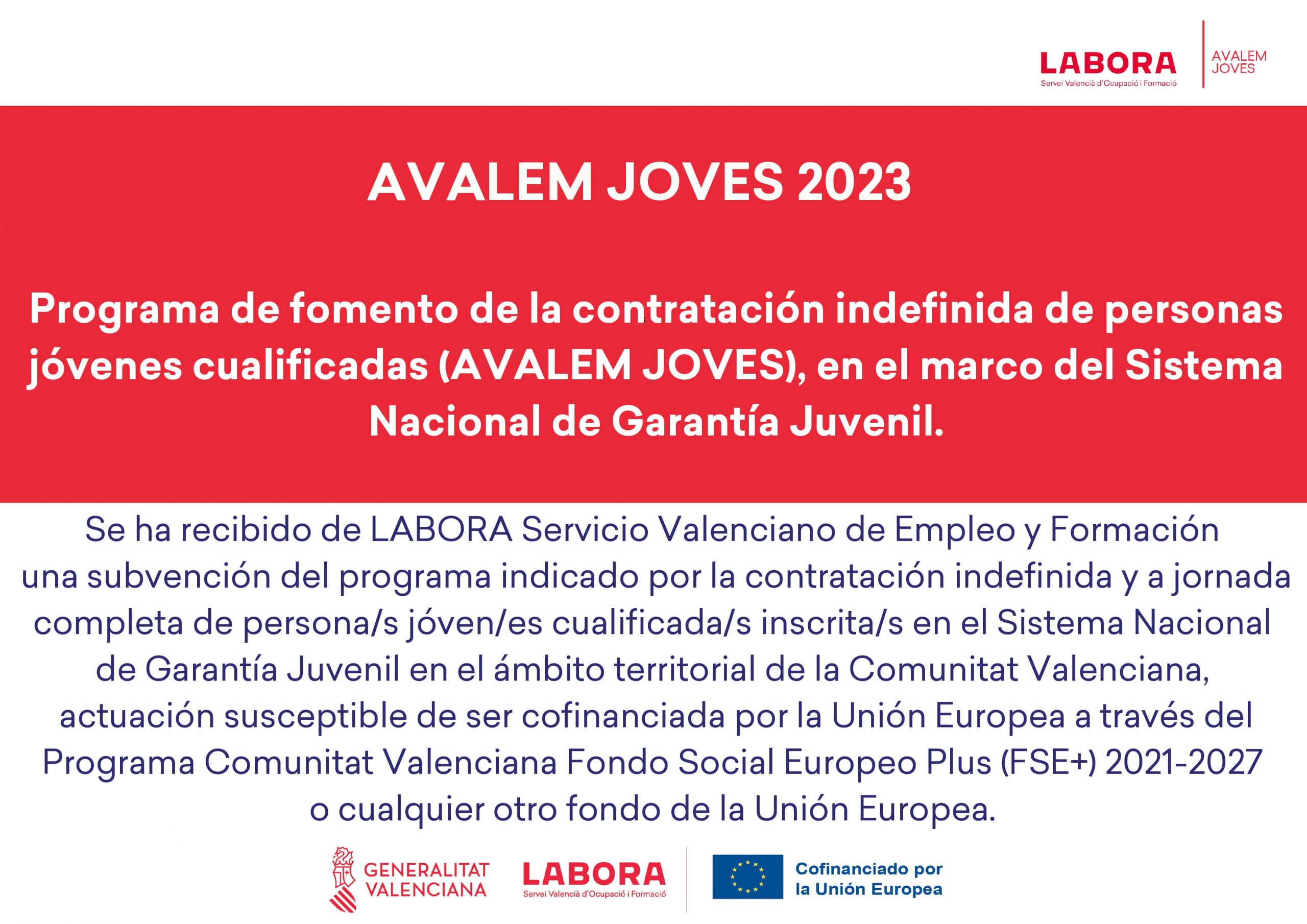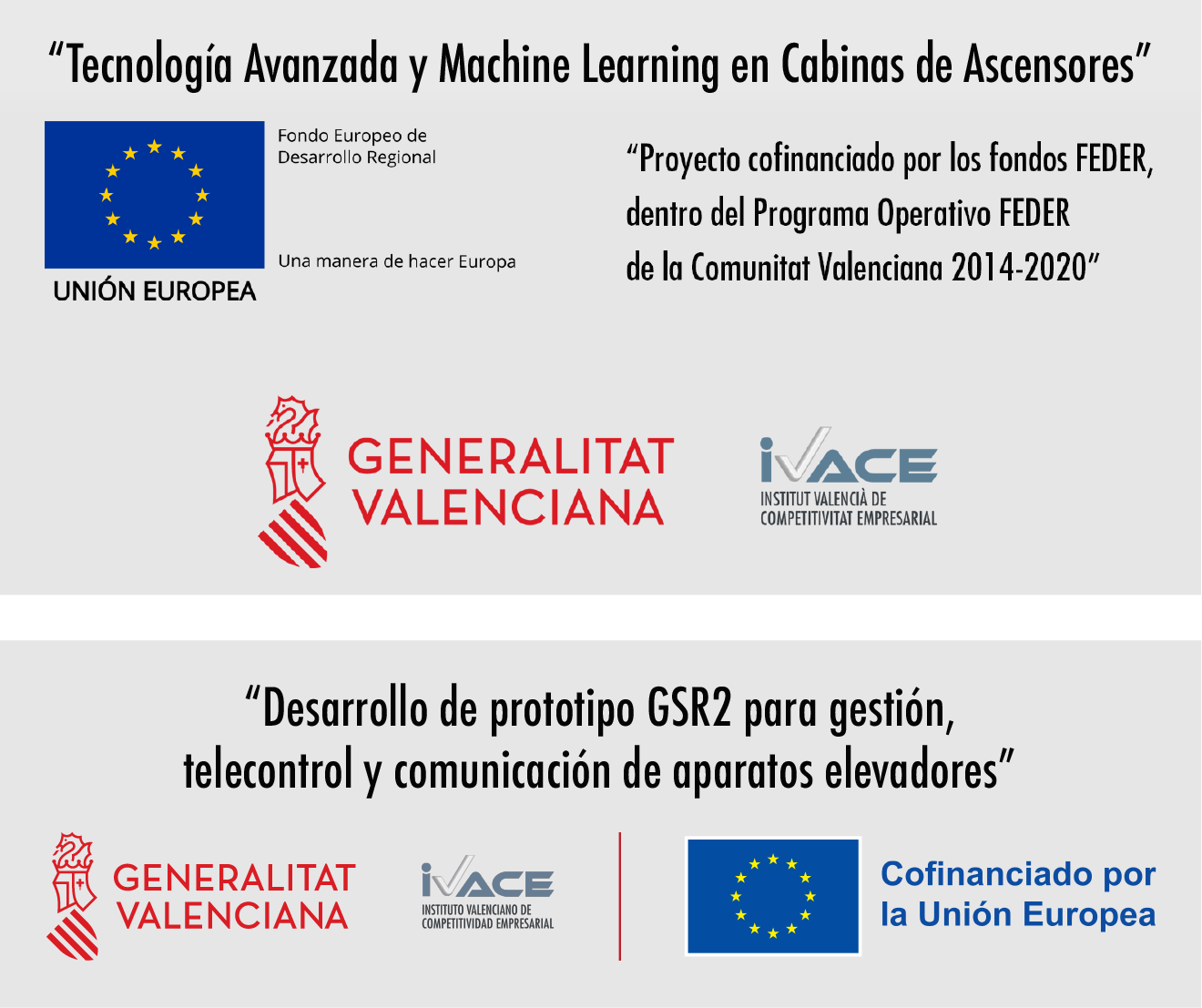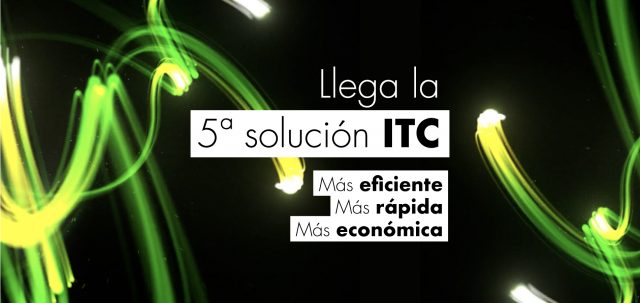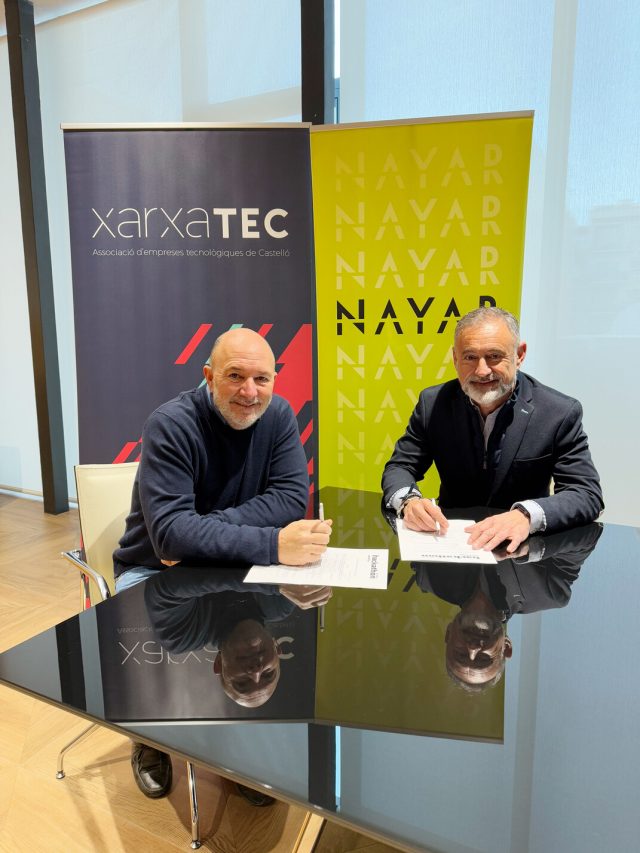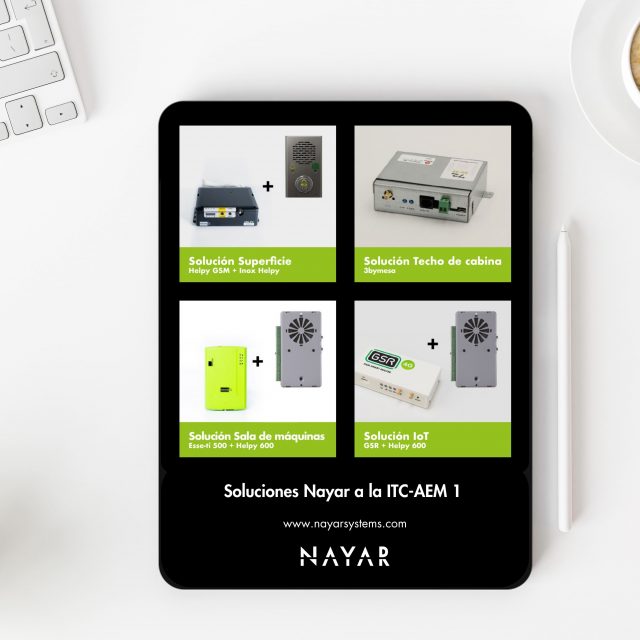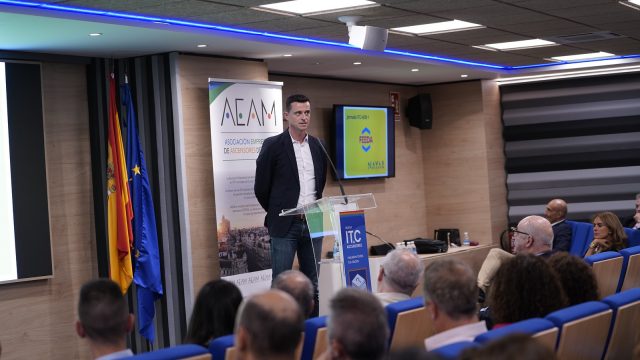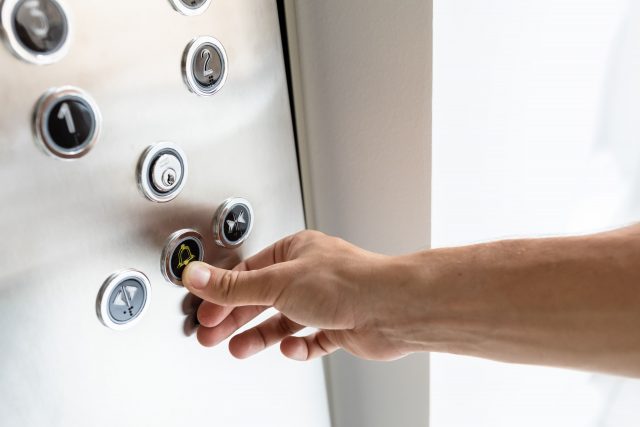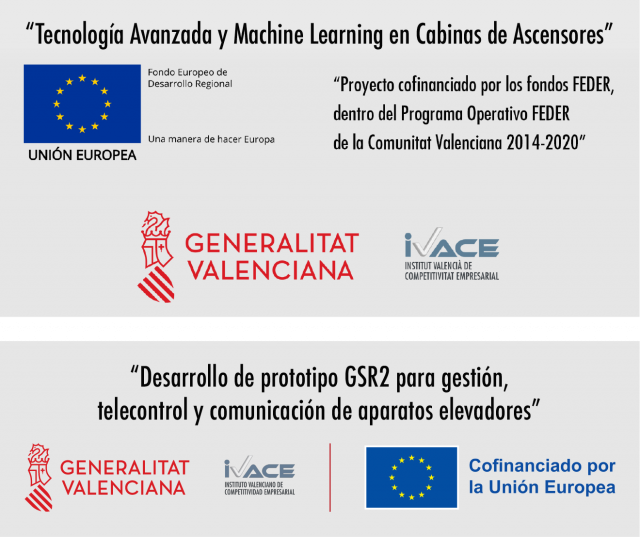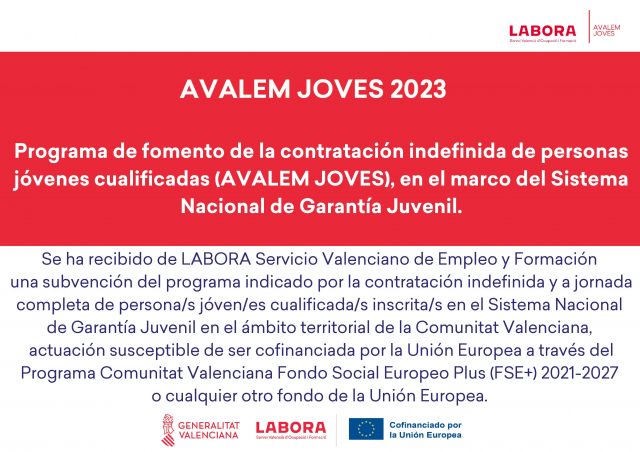Promoted by ONCE Foundation, Nayar Systems and the Spanish Elevator Business Federation.
Pulse is the result of the joint work of the three entities to call the elevator through the Smartphone without physically pressing any buttons.
Madrid, March 24, 2022. The headquarters of Fundación ONCE in Madrid hosted this Thursday the presentation of Pulse, an elevator call system via Smartphone that allows anyone, with or without disabilities, to safely, comfortably and quickly access any elevator. Despite elevators oftentimes presented a barrier for a part of the population, Pulse normalizes access to them, as the most widely used means of transport on the planet.
Fundación ONCE, Nayar Systems and the Spanish Elevator Business Federation (FEEDA) have joined forces in a project that facilitates elevator accessibility for society as a whole and, especially, for people with disabilities, advocating a technological solution that guarantees their independence in their daily lives.
The presentation ceremony began with the colloquium: ‘Accessibility and technology in elevators’, moderated by Jesús Hernández, director of Universal Accessibility and Innovation of ONCE Foundation, which was attended, first of all, by José Luis Martínez Donoso, general director of ONCE Foundation.
In his speech, Martínez Donoso emphasized that “the alliance between the different actors in the sector allows us to have an understanding of the needs of users, so that we can substantially improve the quality of life of people with disabilities”. “Products such as Pulse,” he added, “which are based on social innovation, are an example of how collaboration between entities makes it possible to build a more caring society, without excluding any group, as in this case is the case of people with disabilities.”
For his part, José Luis Sanchis, CMO of Nayar Systems, said that “Pulse promotes accessibility in the elevator, the means of transport that travels most kilometers in the world. It must be taken into account that the operation of an elevator is complex and, therefore, from Nayar Systems we believe that it is very interesting to offer it in the palm of your hand through a cell phone, thus eliminating many barriers. We guarantee continuity in this type of projects linked to universal accessibility because we firmly believe in making people’s lives easier through technological solutions”.
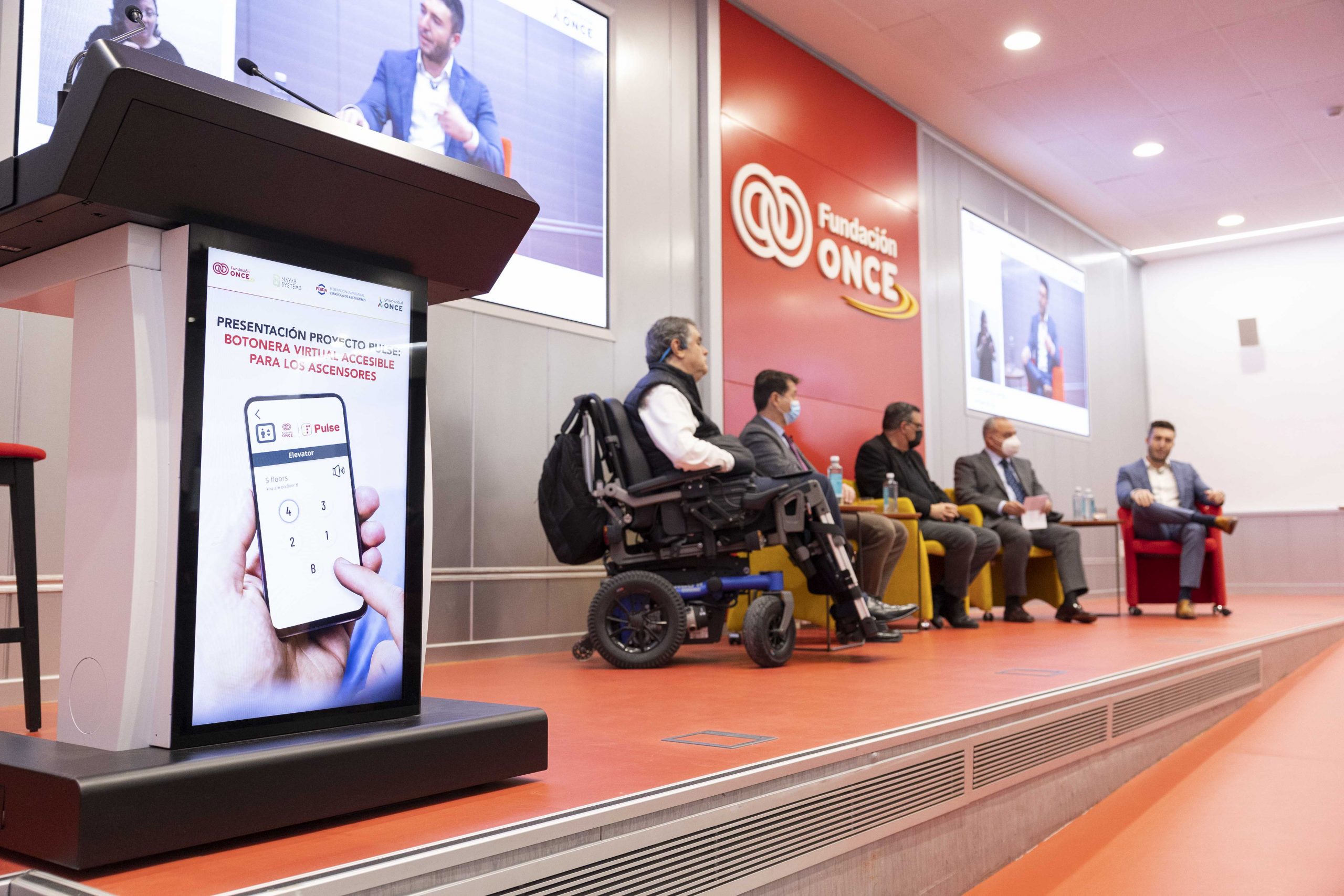

These words were applauded by José Carlos Frechilla, recently appointed as the new general director of FEEDA, who pointed out that “in the elevator industry, accessibility and safety are synonymous, and the sector has long been committed to these concepts. Today, after much effort and collaboration on the part of everyone, this important project is coming to light, allowing elevator users, regardless of their degree of disability or not, to travel in an elevator and make use of it, without having to touch any button. Now, from FEEDA, we will publicize and promote the implementation of this new system, Pulse; and we will continue working on the development of initiatives that make accessibility a global reality in this sector”.
Finally, José Antonio Delgado-Echagüe, head of the Industrial Safety Area of the Ministry of Industry, Trade and Tourism of the Government of Spain, said that he was “proud” to participate in the presentation of a project like this, which, he said, “is a clear example that digitalization also humanizes”. “It is a breakthrough that hopefully will be implemented everywhere and become mandatory in the future,” he concluded.
The event continued with the technical presentation of Pulse, led by José Luis Borau, Head of Accessibility to the Physical Environment at Fundación ONCE, with Ricard Bou, Strategic Accounts & Projects Director at Nayar Systems, and Luis J. Vacas, Head of Product, Services Engineering and Major Projects at OTIS.
In the words of Ricard Bou, “the daily use of the elevator presents some limitations and difficulties, especially for groups with visual or mobility disabilities. Pulse was born from the need to break down these barriers for all groups, and in a universal way, that is, for elevators from all manufacturers. The goal is that with a single application anyone can use an elevator. It is a totally secure solution that is not connected to the Internet. Its deployment in public buildings will undoubtedly represent a great leap forward in accessibility”. These words were corroborated by the OTIS representative, Luis J. Vacas, who also emphasized the simplicity of its installation.
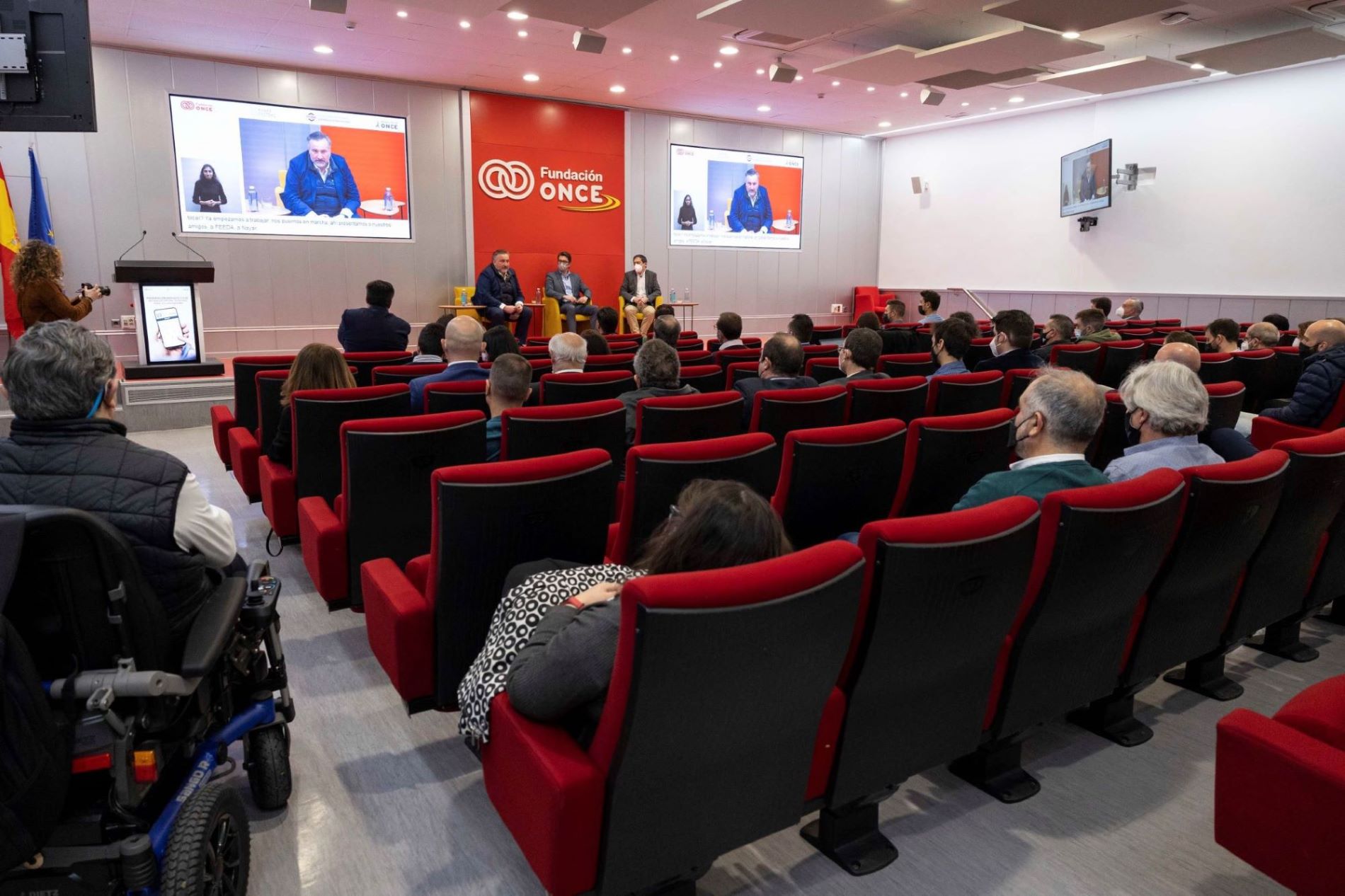

The event concluded with a series of demonstrations where the attendees, among whom were well-known representatives of the most prominent companies in the national and European elevation scene, learned about the operation of Pulse, the app that guarantees universal accessibility in the sector.
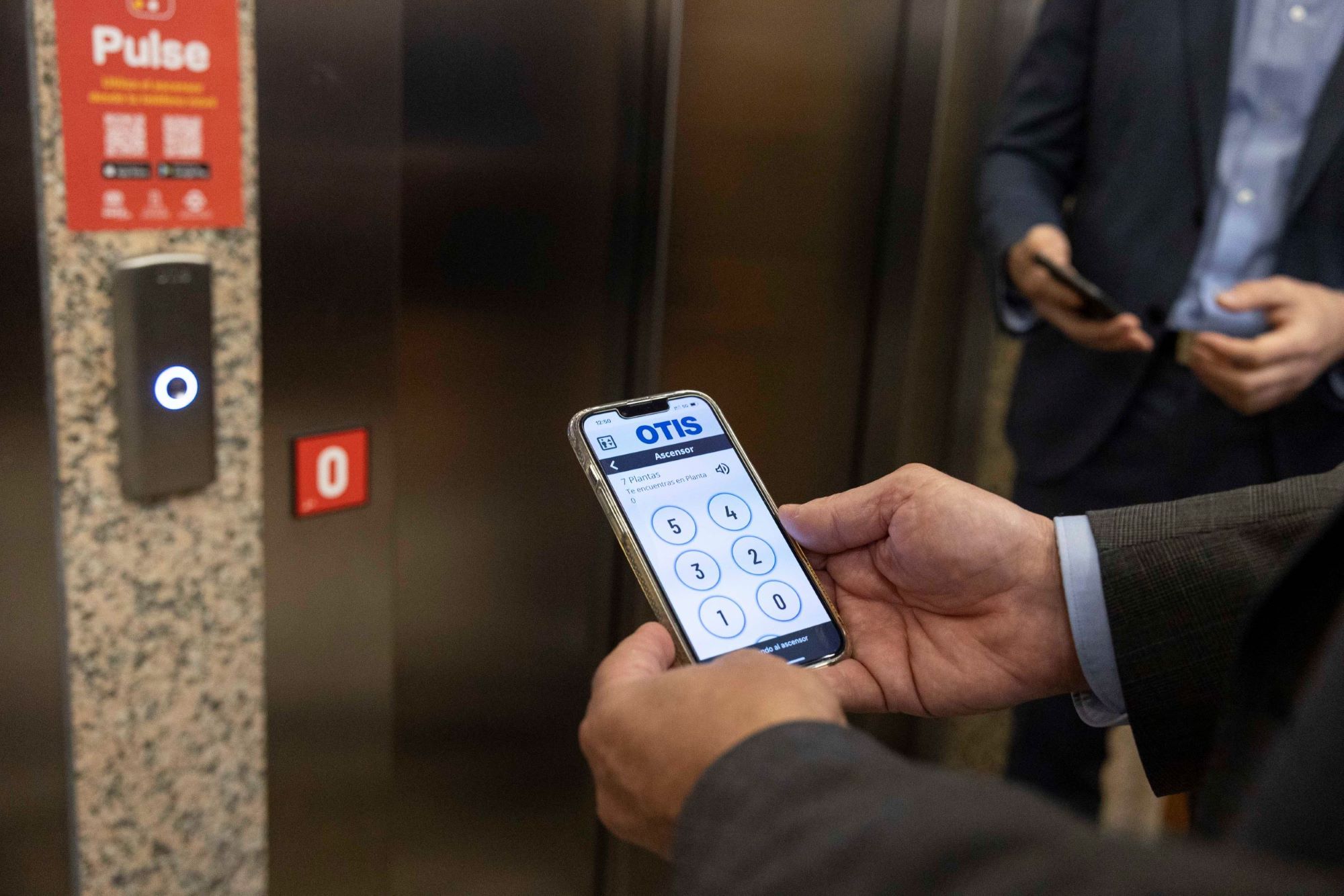

ABOUT PULSE
Pulse is the free application thanks to which the user can call the elevator through his Smartphone, without physically pressing the buttons. Its operation is simple: the user only has to stand at a distance of less than five meters from the elevator and activate it with his cell phone, without having to press the button panel.
With three steps, Pulse is ready to use: 1). Open the app on your Smartphone, 2). Select in the app the elevator and the floor you want to go to, and 3). Enter the elevator and confirm that you are inside.
Pulse has been designed to facilitate the use of the elevator for all users, which is why it has: voice assistants to call the elevator through voice commands; elevator location functions, which let you know where you are through sound signals; external keyboards that improve the experience for users with mobility problems; compatibility with reading assistants (operation with VoiceOver and TalkBack); as well as dark mode and high contrast that improve the user experience for people with reduced vision.
The application is highly accessible, having been developed following the WCAG 2.1 web content accessibility guidelines. With Pulse, any user can autonomously use an elevator, thus guaranteeing universal accessibility and, in addition, minimizing the possibility of contagion by contact, since it avoids physically pressing the car’s button panel.
Pulse is based on Nayar Systems’ Accessible Virtual Keypad (BVA), a Bluetooth technology development of the Castellón company that guarantees an optimal connection compatible with smartphones, even remote zones such as basements. Pulse is a commitment to accessibility on the part of the three organizations which, in turn, also provides numerous benefits for the elevator operator, such as the image of technological modernity that it conveys and increased brand visibility, universal compatibility with any elevator or the reduction of system maintenance costs. An inclusive technological solution that breaks down barriers to ensure the use of the elevator to the whole of society, and is available for download on Google Play and App Store.


